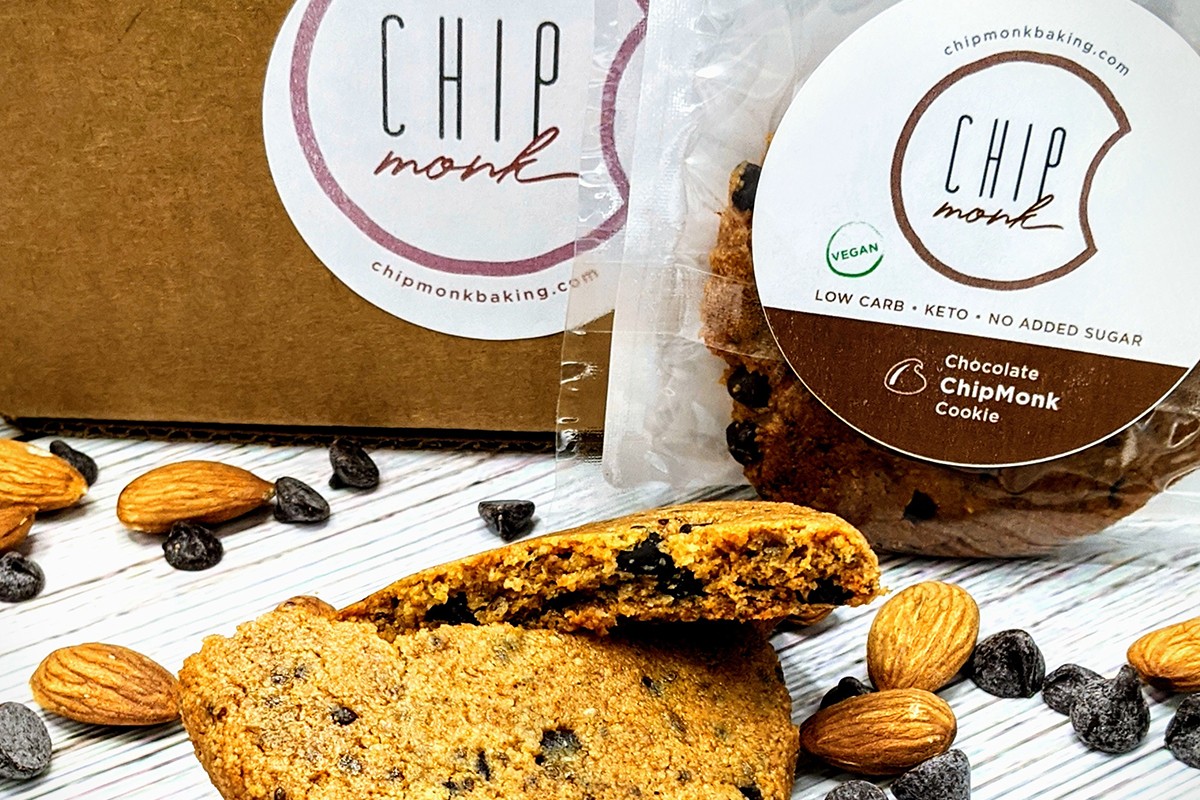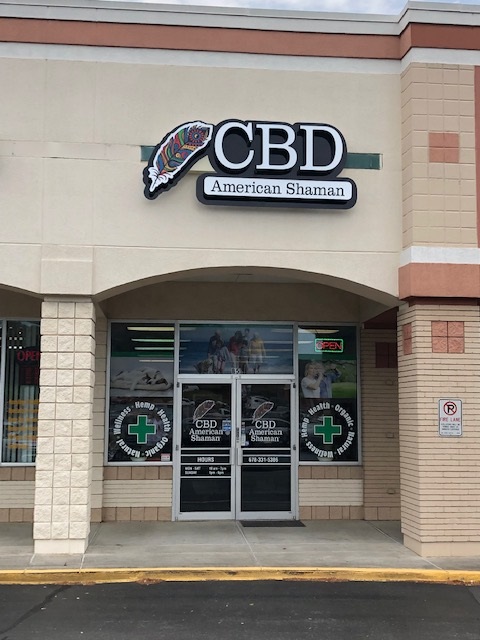
Hemp oil is a proven treatment for depression. It has been used for many years. However, its cultivation is a difficult process and is not widespread in most countries. However, hemp oil for depression can be used to help alleviate symptoms of depression and can even be used to treat anxiety.
Henanhua Hemp oil for depression has been cbd-vape oil refillable, green smoke cartridge stricken
Henanhua Hemp seed oil is a popular choice for treating depression. However, the long-term effects of it are unknown. Many people still swear by it, despite this fact. However, the Centers for Disease Control and Prevention advise against vaping. It is also unknown if vaping has any long-term consequences.
CBD is a nonpsychoactive compound that can be found in cannabis plants. It has been used for treating epilepsy, chronic pain and arthritis as well as PTSD. It can also lower anxiety. CBD has seen an increase in its use for the treatment of a wide range of conditions. It's now available in several convenient forms.
CBD vape cartridges make it easy to deliver CBD to your brain quickly. It is best to inhale slowly and gently for about three seconds. Then, exhale and fill the lungs with air. Hold your breath for several seconds after inhaling CBD. You can also buy pre-filled vapepens and vaporizers which contain CBD eliquid.

It can alleviate symptoms of depression
While CBD does have many positive effects, it can also be used to treat depression. For example, it can interact with some medications. As such, experts are cautious about its use for treating depression. The compound CBD is extracted from hemp plants, which also contain THC, or delta-9-tetrahydrocannabinol, which has psychoactive effects.
FAQ
How big is global CBD market size?
The global CBD market was valued at $US 3.5 billion in 2015, according to Euromonitor International. This represents a 10% increase from 2014.
This report predicts that the figure will rise to $US6.4 trillion by 2020, which is an average annual growth rate at 12%.
CBD products will make up around half of all products derived from hemp by 2020.
This includes both CBD oils and other CBD products such as food, beverages, cosmetics, and pet care items.
What are the best uses of CBD?
The best use for CBD is as an alternative treatment for anxiety. It can also be used for pain relief, epilepsy treatment, inflammation, depression and other conditions.
CBD can be taken in many forms. CBD can be consumed in many ways.
Consuming CBD has many benefits. It has been shown in studies to alleviate chronic pain, PTSD, anxiety, among other things.
Is CBD's market saturated?
CBD industry has a growing rate of 25% annually. This growth is expected not to stop for at least five more years. The industry is expected to grow from $2Billion today to $5Billion by 2020.
The CBD market is currently dominated by two companies - GW Pharmaceuticals and Canndoc Ltd. Both companies focus on developing high-quality pharmaceutical-grade products. However, they have not been very successful thus far. Both of them are having difficulty gaining traction in today's marketplace.
Cannabidiol (CBD), an extract from cannabis, contains less than 0.3% THC. It does not cause any psychoactive effects. It can be used to treat epilepsy, and other medical conditions. It is also commonly used as a dietary supplement.
There are many types of CBD products. Some CBD products can be made with whole plant extracts and others, such as CBD.
These products all have one thing in common: they contain low amounts of THC.
This makes them legal under US federal law. However, this doesn't mean that you don't need to follow local laws when selling CBD products. You should always verify your state's regulations for the sale of CBD products.
Additionally, CBD products can be illegal in several states. These are California, Colorado. Florida. Mississippi. Missouri. New York. North Carolina. Ohio. Oklahoma. Oregon. Rhode Island. South Dakota. Texas. Utah. Virginia. Washington.
You will want to stay clear of CBD products if you are from one of these states.
What are the differences in CBD price between different states?
Prices for CBD products will vary depending on where they are located. The prices of CBD products can vary more than tenfold depending on where they are located.
The general rule of thumb is that prices rise the farther north you travel. CBD is expensive in Alaska on average at $35 per gram. It costs in Hawaii around $200 pergram.
This trend is continued across the nation. Prices range from $5 up to over $2,500 for a gram.
Why is this happening to you?
One reason why prices vary so much is because of the varying levels of regulation. Some states require that CBD products have very low levels of THC (the psychoactive part of marijuana). Others don't care about the amount of THC present.
Some companies sell products in one state, and then ship them to another.
How can CBD products successfully be marketed by companies in compliance with regulations?
The FDA does not regulate hemp for its agricultural commodities. The Controlled Substances Act regulates other cannabis derivatives (e.g. pot). To date, there are no specific regulations for CBD.
CBD is legal in 29 states. However, federal law still considers CBD illegal. Businesses that want to sell CBD products face uncertainty.
The FDA also has guidelines for how CBD products should be advertised. The FDA requires that all CBD products clearly disclose their THC content. Without scientific evidence supporting this claim, CBD cannot be used to treat certain medical conditions.
The FDA also requires manufacturers to provide detailed information about their manufacturing processes and quality control measures. Companies are also required to participate in clinical trials in order to demonstrate safety and efficacy.
These factors are crucial for companies to consider when developing their marketing strategies.
Statistics
- A recent systematic review of human trials also reported that individuals with epilepsy receiving CBD (5–20 mg·kg−1·day−1) were more likely to experience decreased appetite than those receiving placebo (i.e., ~20 vs. 5% of patients) (ncbi.nlm.nih.gov)
- A recent study [161] also found that in vitro CBD treatment (i.e., ≤ 2 h exposure to 10 μM) induced ~40% vasorelaxation in isolated (pre-constricted) (ncbi.nlm.nih.gov)
- HR −16 mmHg; 95% CI −26, −6; I2 = 92%) (ncbi.nlm.nih.gov)
- The use of these products is likely to become even more widespread if the World Health Organization's recommendation that CBD no longer is scheduled in the international drug control conventions is adopted by the United Nations member states [201]. (ncbi.nlm.nih.gov)
- however, one study also found that these effects were virtually abolished when the original media (a nutrient broth agar) was replaced with one containing 5% blood (increasing the minimum concentration to ~160 μM CBD) [179]. (ncbi.nlm.nih.gov)
External Links
How To
How to become certified for selling CBD products
CBD (cannabidiol), one of the many cannabinoids found inside cannabis plants, is one. It has been used medicinally since ancient times, including in traditional China, India, and many South American nations. The ability to treat conditions such anxiety, pains, epilepsy, and inflammation has made CBD products extremely popular in recent times. But if you want to start selling CBD products, there's no official certification program available yet -- at least not in the U.S. That means anyone who wants to make money off their own line of CBD products has to rely on the "unofficial" process of self-certification.
You have two options. The first is to join a local association of canna-business owners. By joining a local association of canna-business owners, you will be able to learn from others and receive support and advice. There are many associations in the country. Second, you can go online. Most states now allow canna-businesses to operate online. If you have the permission, you can start accepting orders and set up your website. But, you still need to register with your state's Department of Public Health. Once you have been registered, you will be able apply for a state license through the department of public health. Once you have received your license you are officially authorized to open your store, accept orders, and close it.